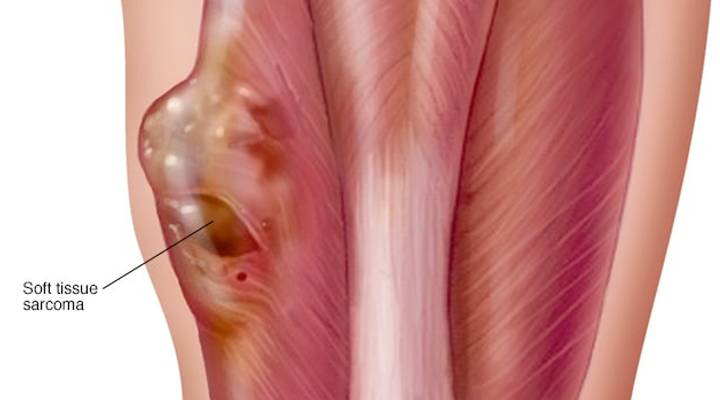Environmental Effects and Lifestyle Making Women Infertile

Having a child is nature’s gift to all living beings. However, infertility is a reality of the modern world. According to the World Health Organization (WHO), infertility is a disease of the male or female reproductive system defined by the failure to achieve a pregnancy after 12 months or more of regular unprotected sexual intercourse. It affects millions of individuals and couples around the world, including India. No matter whether the couple is trying to be a parent for the first time or already has a child, infertility can occur at any time – infertility that happens to some who has never been pregnant is known as primary infertility, while secondary infertility occurs when the person or the couple has had at least one prior pregnancy. Thanks to the poor lifestyle, especially in the cities, and growing concentration of components in the environment that has an adverse effect on fertility, both types are on a rise.
Female infertility reasons
There are many reasons for a woman to be infertile, including a genetic one. However, the steep rise in infertility in the past few decades have made the experts look deeper into the trend. In women, the primary reasons of infertility are:
- Tubal disorders including blocked fallopian tubescaused by untreated sexually transmitted infections (STIs) or unsafe abortion, postpartum sepsis or pelvic surgery;
- Uterine disorders including inflammatory ones such as endometriosis, congenital ones such as septate uterus, or benign ones such as fibroids;
- Disorders of the ovaries, such as polycystic ovarian syndrome;
- Hormonal imbalance due to endocrine disorders such as pituitary cancers and hypopituitarism.
How environment and lifestyle affecting fertility
Lifestyle can be ticked as the single major factor that is contributing to female infertility – lack of physical movement and activity, stressful professional and personal lives, long working hours are just some of the reasons that severely damage the way female hormones work. It is known that increased and u caused the release of a hormone called cortisol that causes obesity by triggering overeating. Stress is also known to upset menstrual cycles and severe premenstrual syndrome (PMS) symptoms. It can also cause depression and anxiety and lead to reduced sex drive. With an increasing number of women smoking and drinking as an unhealthy coping mechanism, things are just getting worse. The harmful toxins consumed through smoking damage reproductive organs and affects the production of eggs and age the ovaries of women. They are also likely to have higher occurrences of not being conceived efficiently while frequent and heavy alcohol consumption is known to cause hormonal imbalance in women. Besides, according to reproductive health scholar Shanna H. Swan, there are some endocrine-disrupting chemicals (EDCs) in products of daily use, such as plastics, shampoos, and pesticides, which are contributing in changing how male and female reproductive development works.
According to estimates, 10-15 per cent Indian couples face some or the other fertility issue, but these are not empirically verified numbers. What we need now is a coordinated approach to find out the real burden of infertility in India so as to devise the right strategies to address this.







